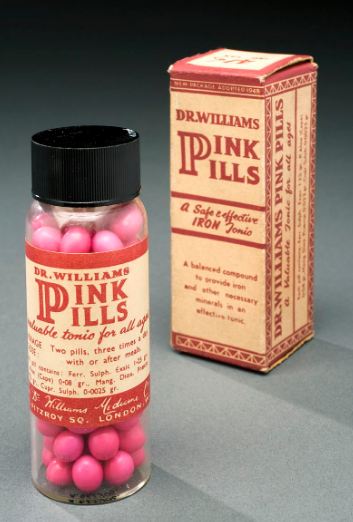All biotic or living organisms have specific needs to live, grow, and reproduce. For instance, humans have basic needs to survive, such as a healthy environment, proper nourishment, bodily protection, etc. These physiological needs should be met.
It is not a guarantee that we eat three times a day, but it should be a healthy combination of food for each meal. There are specific vitamins and minerals that our body requires to function efficiently and productively.
One very essential mineral for human survival is Iron. If you feel exhausted lately, always feeling fatigued and no energy to do your tasks and chores, perhaps, your body is not getting enough iron.
The importance of iron as a nutrient might be taken for granted that it has become one of the most common nutritional deficiencies in the U.S. The figures from the Centers for Disease Control and Prevention states that almost 10% of women are iron deficient.
Let’s find out why look iron is so crucial to our body, what can happen if you are not getting enough of it.
Why does our body need Iron?
Iron is an essential mineral. According to Thomas EdD, RD, a scientific consultant to the National Institutes of Health, Office of Dietary Supplements, the major reason we need iron is that it helps to transport oxygen throughout the body.
Iron is an essential component of our blood’s hemoglobin. Hemoglobin is about two-thirds of the body’s iron, and it carries oxygen from the lungs to the different parts of the body. Not having enough iron means the body can’t produce enough healthy oxygen-carrying red blood cells leading to iron deficiency anemia.
The body cannot get enough oxygen if it has not enough healthy red blood cells. Thomas explained further that if you’re not getting sufficient oxygen in the body, you will become fatigued. The feeling of exhaustion will significantly affect everything, from brain function to the immune system’s ability to fight off infections. For pregnant women, severe iron deficiency may increase the baby’s risks to be born prematurely and will have a smaller than average size.
Benefits of iron in the body
Iron has many significant functions in the body, from brain performance, gastrointestinal processes, the immune system, and the regulation of body temperature. If iron deficiency goes unnoticed, there will be serious health problems to arise. Some low iron supply symptoms in the body include heart palpitations, fatigue, pale skin, and breathlessness.
Boosts energy
Sufficient iron in the diet can make the body and brain more efficient in working as it has more energy to perform the tasks. The oxygen is transported by iron to the muscles and the brain and is crucial for both mental and physical performance. Low iron levels may result in fatigue that can influence focus. It will also increase irritability and reduced stamina.
Healthy skin and hair
Other essential functions of iron include healthy skin and hair. According to Elaine Chottiner, MD, clinical assistant professor, and director of General Hematology Clinics at the University of Michigan Medical Center, iron is also necessary to maintain healthy cells, skin, hair, and nails.
Healthy pregnancy
During a woman’s pregnancy, the blood volume and red blood cell production increase dramatically to supply the growing fetus with oxygen and nutrients. This also results in the demand for iron to increase. The body maximizes iron absorption during this time. Still, the insufficiency has adverse effects not only on the mother but also on its baby in her womb. Premature birth, low birth weight, and impaired cognitive or behavioral development in infants result from iron deficiency. Pregnant women will also be more prone to infection if she has lower iron supply in the body because iron also supports the immune system. The doctors mostly prescribe iron supplements during pregnancy.
The amount of iron needed by the body is dependent on a few factors, such as age, gender, and other physical conditions. Younger children and pregnant women are commonly in need of more amount.
There are a lot of dietary sources of iron such as nuts like cashews, walnuts, seeds, and almonds; vegetables like potatoes, spinach, kale, and fruits like raisins and prunes. However, if the diet cannot give enough iron that you need, you may take some iron supplements recommended by a physician.
Iron is vital to the body, but too much can also increase the risk of liver cancer and diabetes.
Related posts:
How is iron useful for the body? Which foods contain the most iron?
